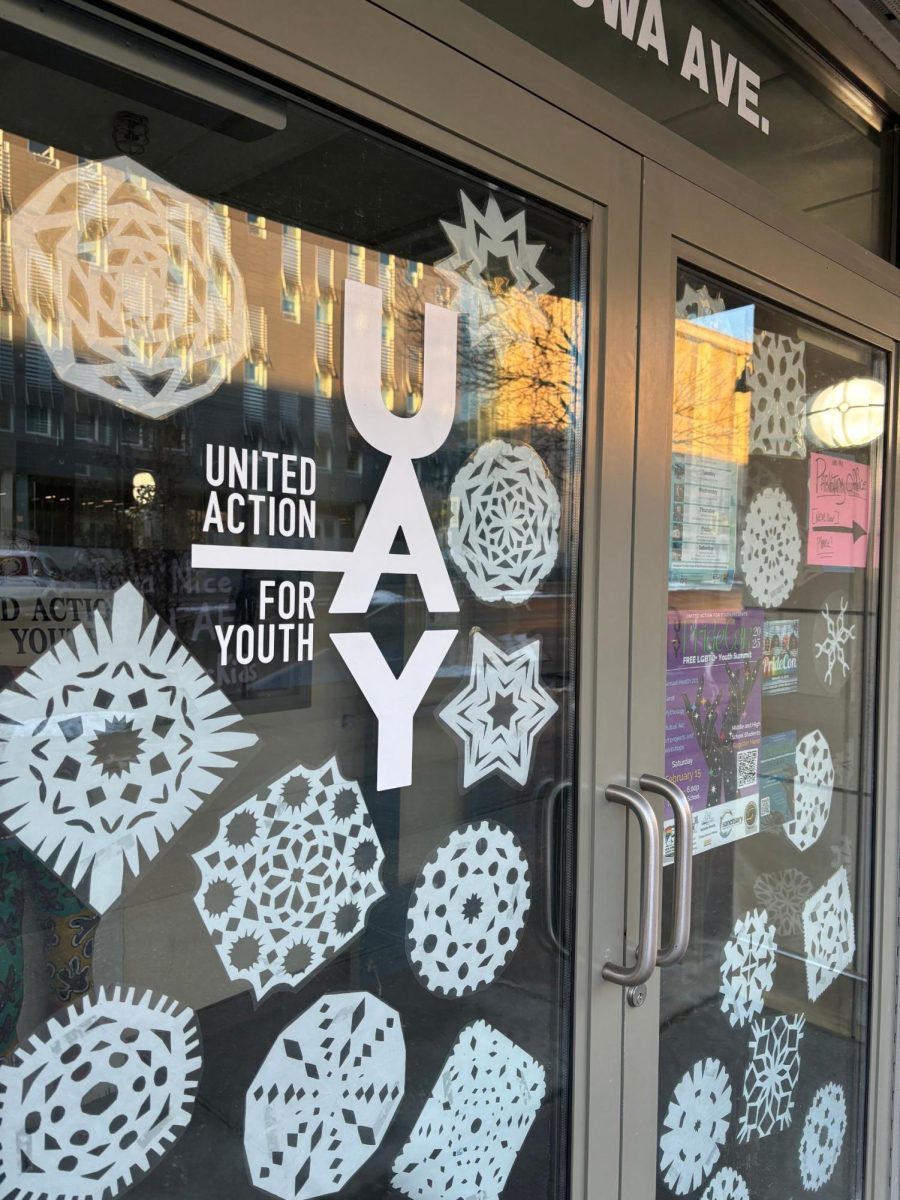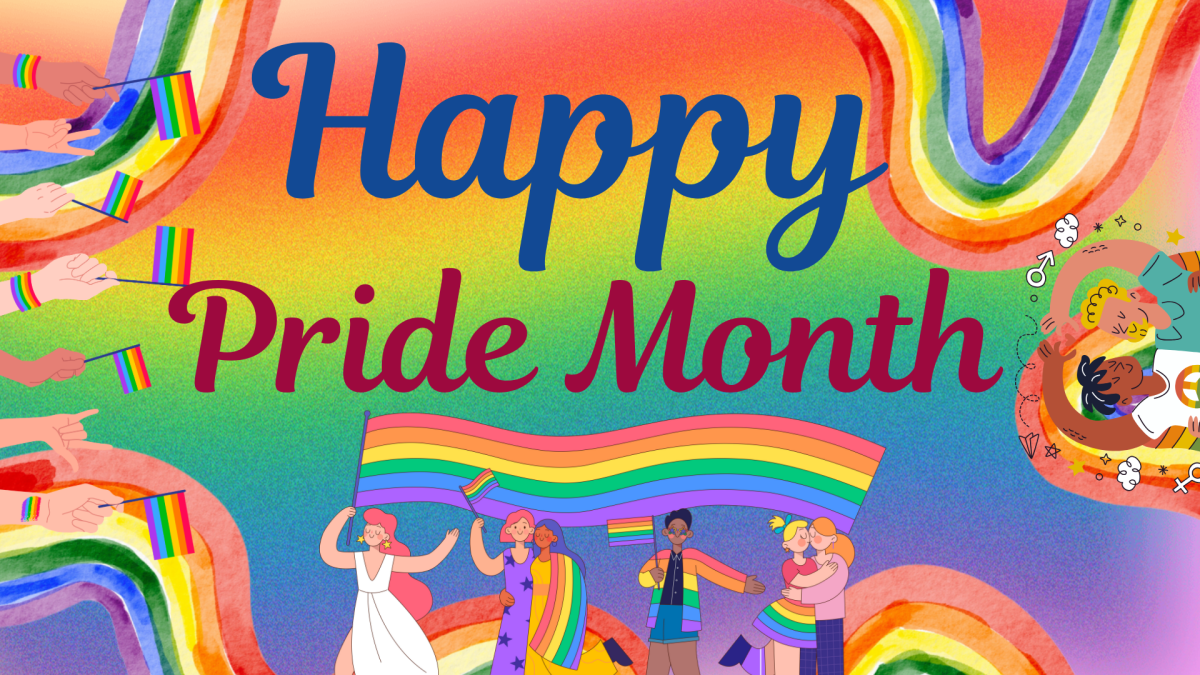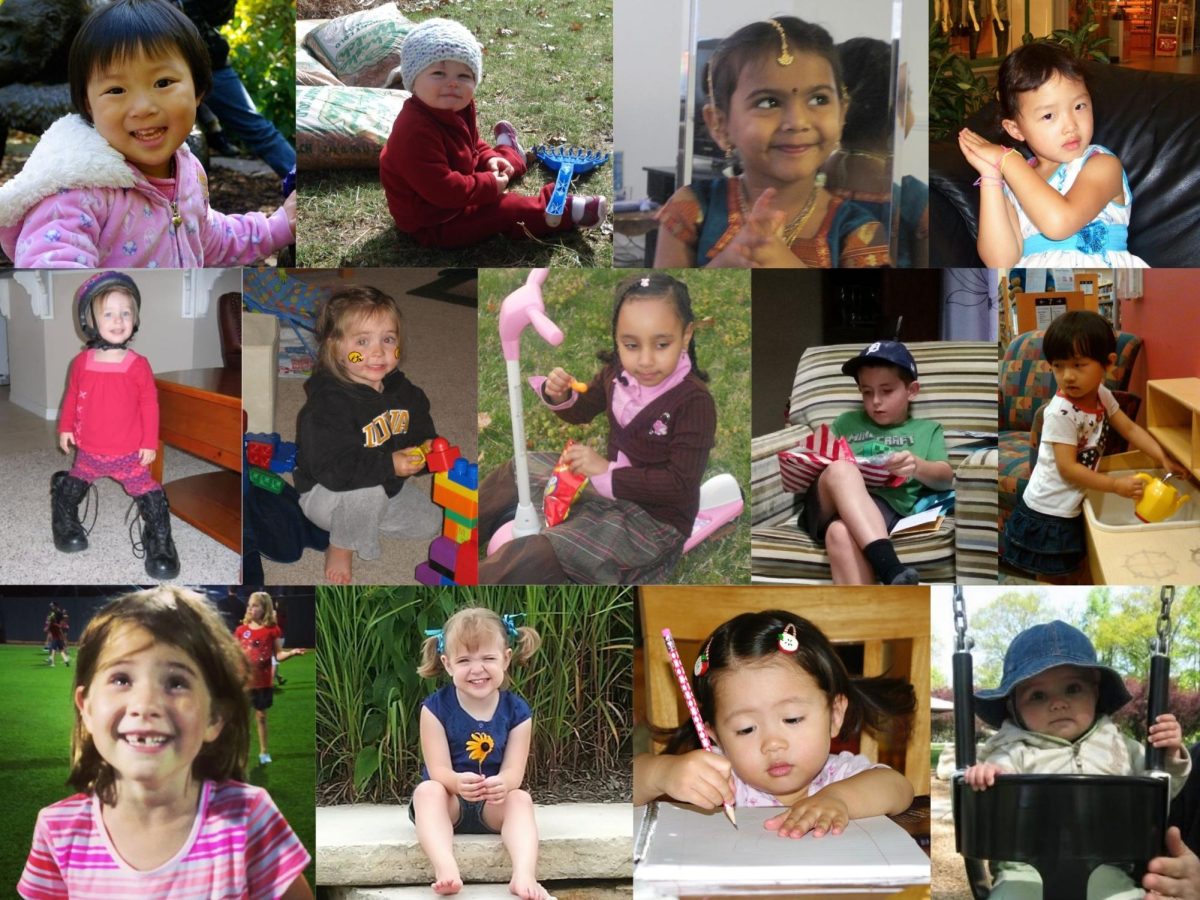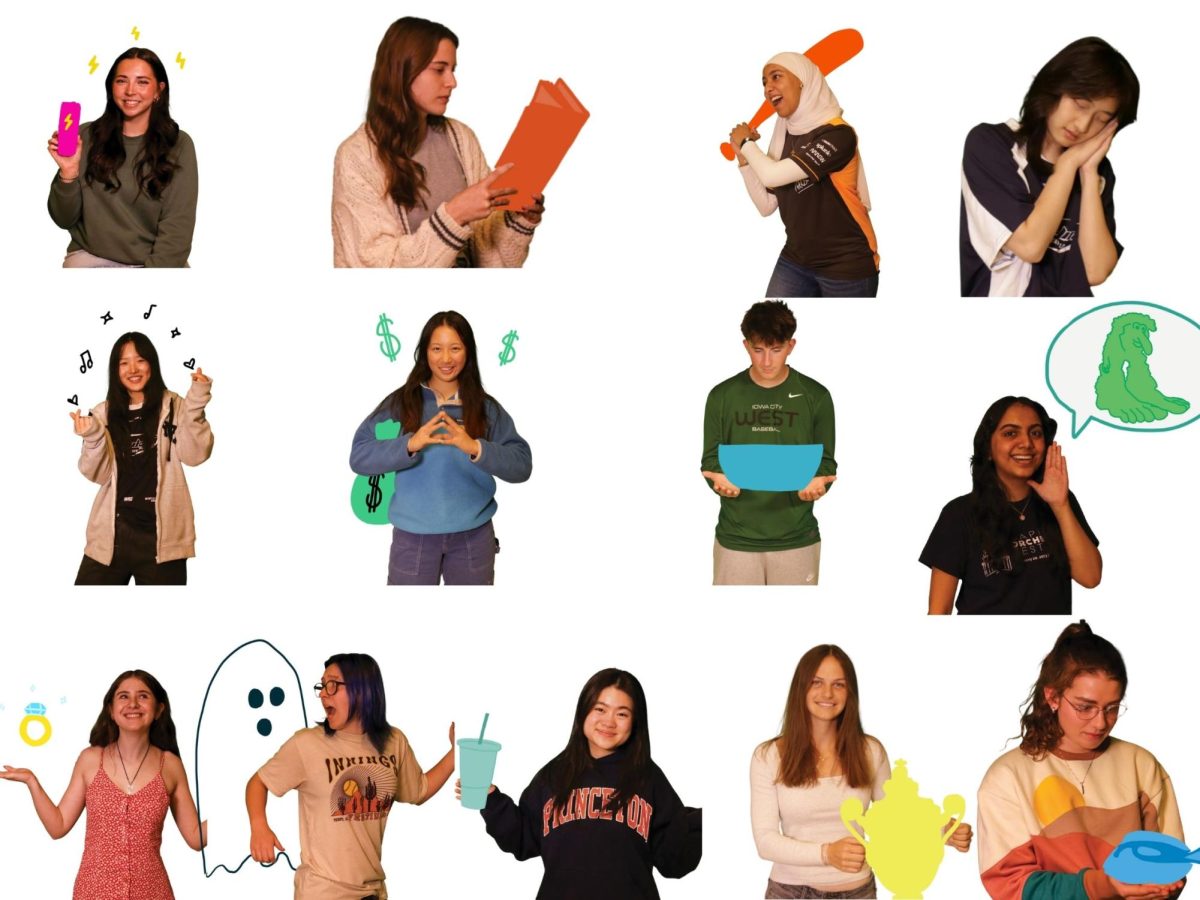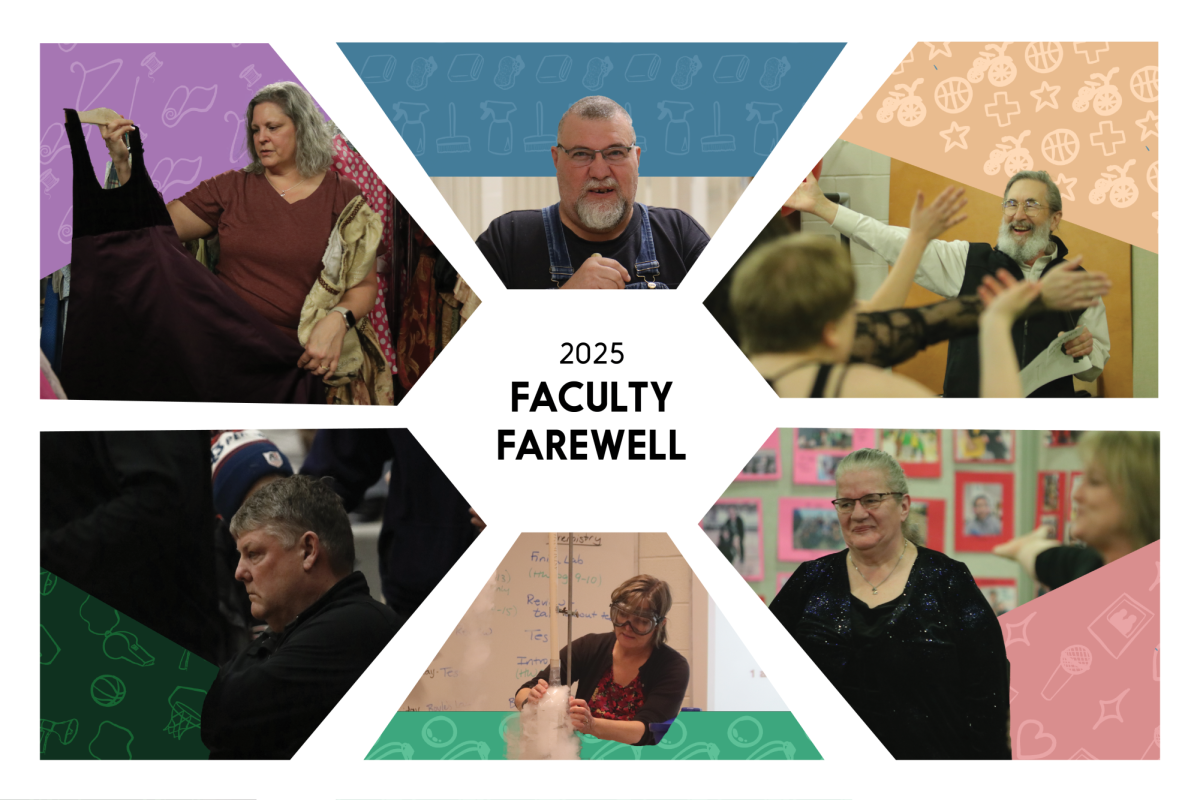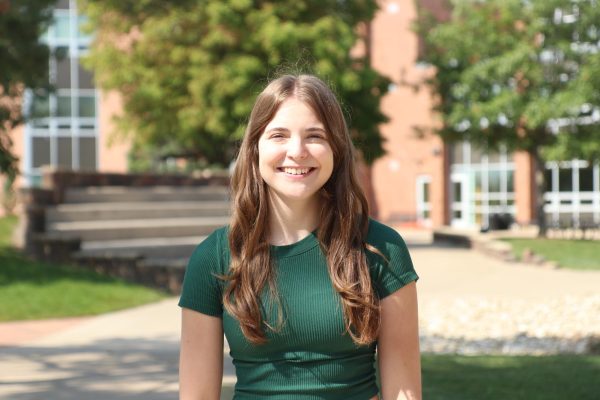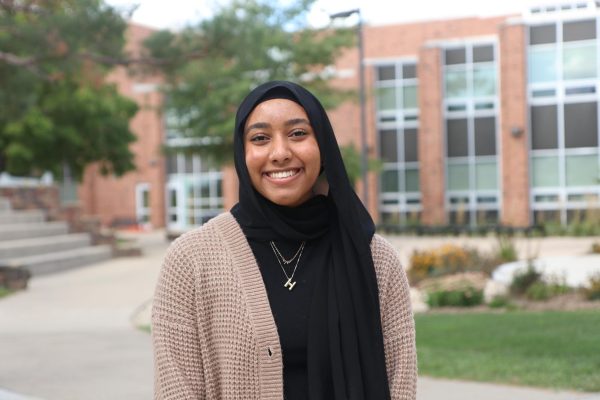The turn from 2023 to 2024 marked ten years since the hit podcast “Serial” released its first episode, detailing a high school senior’s strange disappearance and her boyfriend, Adnan Syed, as the prime suspect. This release would introduce society to the genre of true crime podcasts. True crime podcasts have become the third most popular podcast genre across all major podcast platforms, becoming a modern equivalent of bedside murder mystery novels. Many people choose to wind down after a busy day or even occupy their long commute to work by turning on widely popular true crime podcasts like “Serial” and “My Favorite Murder.”
Podcasts like these dive deep into past and present true crime cases, some solved (i.e The Night Stalker of 1984, Murdaugh Murders of 2021) and some still up for debate (i.e JonBenét Ramsey case of 1996, Elisa Lam case of 2013). Episodes introduce the world to the harsh reality of the human psyche and its capabilities when pushed too far. Additionally, listeners can feel like an investigator and get lost in the world of caution tape and interrogation from the comfort of their couch. The sense of security that derives from listening to the demise of others with disturbing fascination has become a common phenomenon.
While these podcasts provide comfort to some, others wonder if they are truly ethical. The sensationalism surrounding them targets a primarily female and white audience, which constantly overshadows victims who are people of color (POC). Regarding the effect on the victims and their families, the profit distribution and the glamorization of the criminals committing the crimes have formed a debate around the podcasts at the top of the charts.
West Side Story staffers Ashlyn Brady ’25, Haneen Eltyeb ’25 and Nicole Lee ’24 break down the comfort and controversy of true crime podcasts on this week’s episode of “Dying to Know.”







